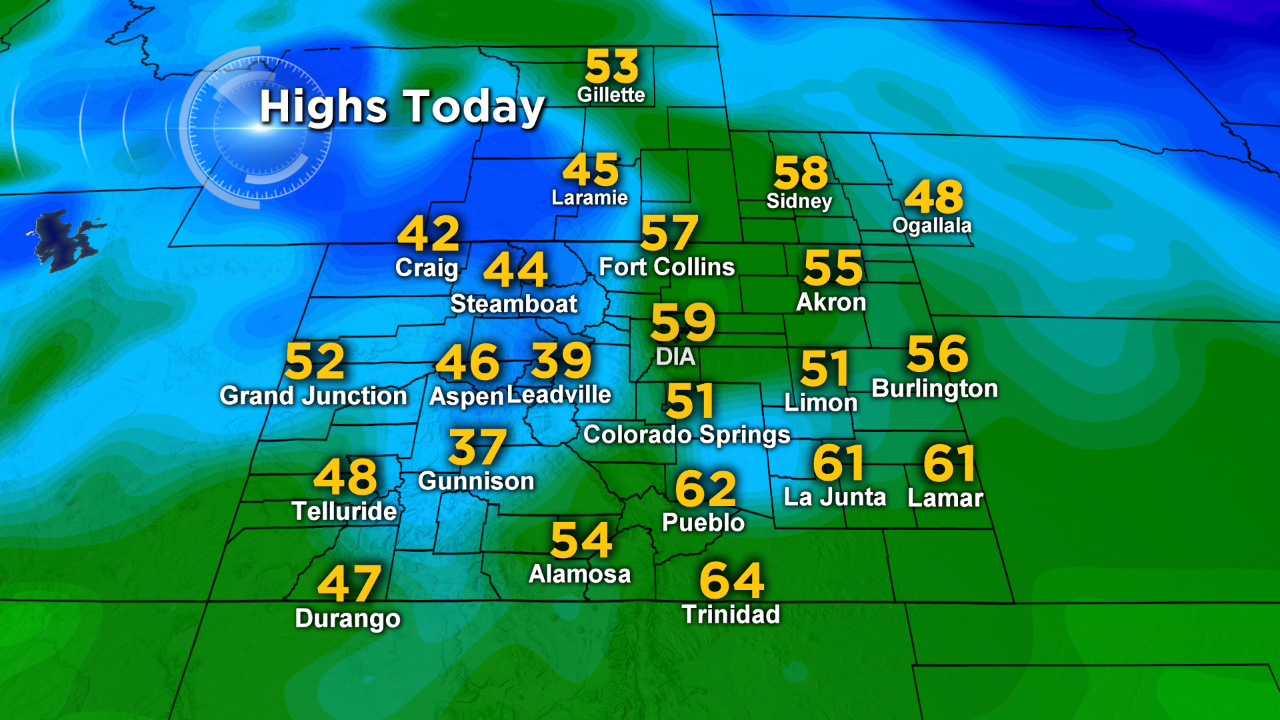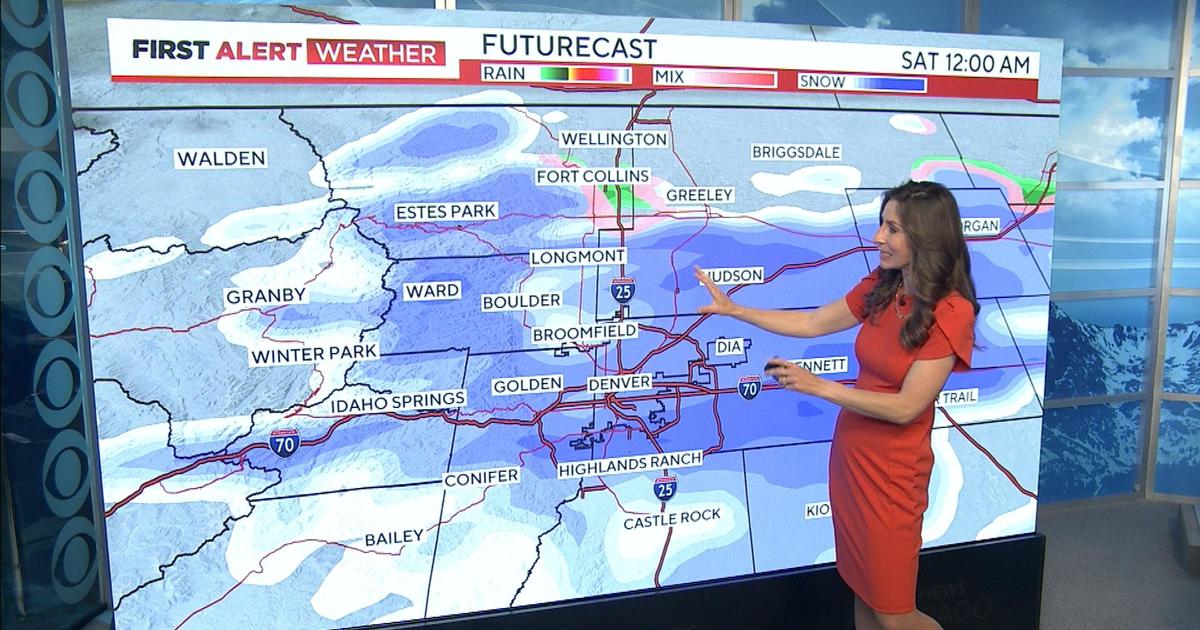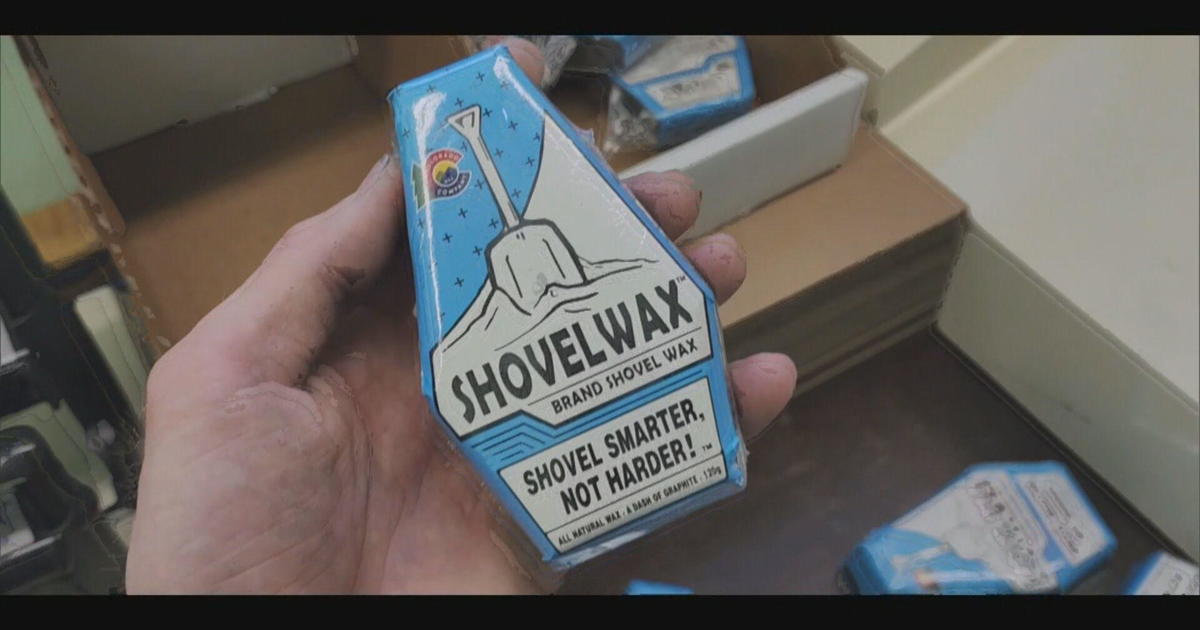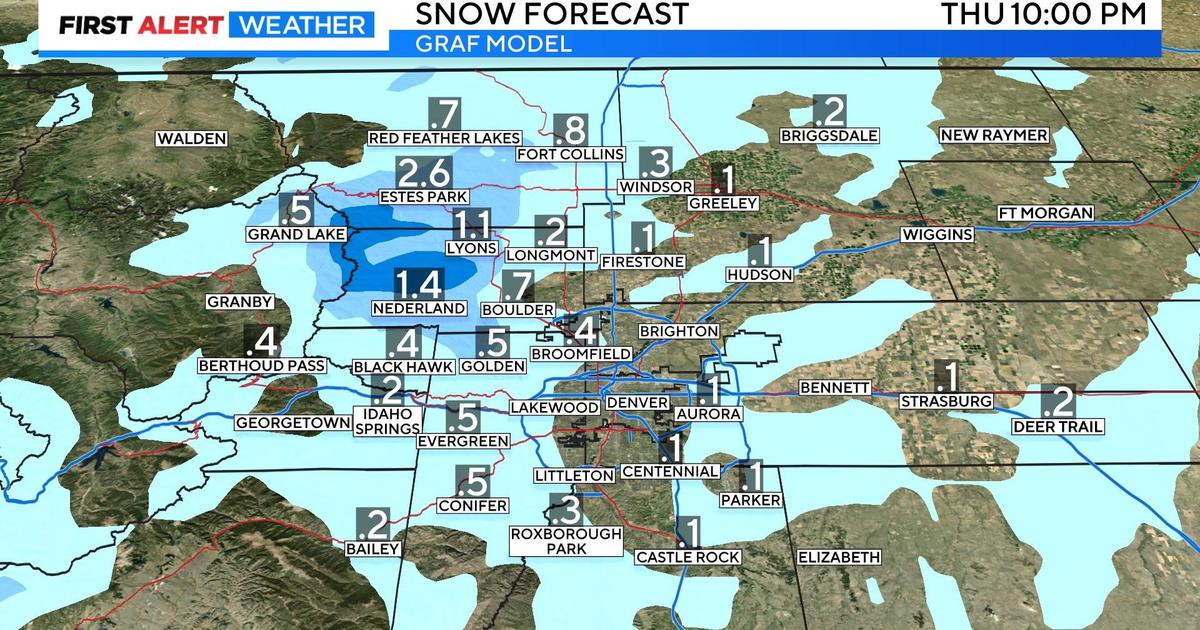February Thaw Means More Colorado Rock Slides
DENVER (CBS4) - This mild week has done more than melt some snow in Colorado -- it's caused rock slides near Durango and Glenwood Springs.
The two events are related to the freeze-thaw cycle we typically see during the spring. Recent mountain temperatures in the 40s and 50s have kick-started the rock slide season, yet the calendar says winter is long from over.

Highs in Glenwood Canyon reached the 50 degree mark on Monday, enough to loosen a few boulders and cause travel headaches on Interstate 70.
The warmer temperatures change the snow into water, which then flows into the cracks between rocks and the ground. When the water refreezes at night it expands causing the rocks to dislodge and roll down the hill.
In Monday night's slide, some of the initial smaller rocks were enough to knock boulders the size of cars out of place and onto the westbound traffic lanes. Interstate 70 remains closed in Glenwood Canyon as cleanup continues.
Denver may break an 86-year-old record high for February 18. The standing warmest temperature for that day is 71 degrees set in the year 1930.
If it seems way too early for spring weather, it most likely is. Don't forget that March is often our snowiest month of the year.
Justin McHeffey provides nightly reports from the Mobile Weather Lab. He travels Colorado in search of Mother Nature's most powerful and beautiful conditions. Like his Facebook page Meteorologist Justin McHeffey and follow him on Twitter @WeatherMcHeffey.



